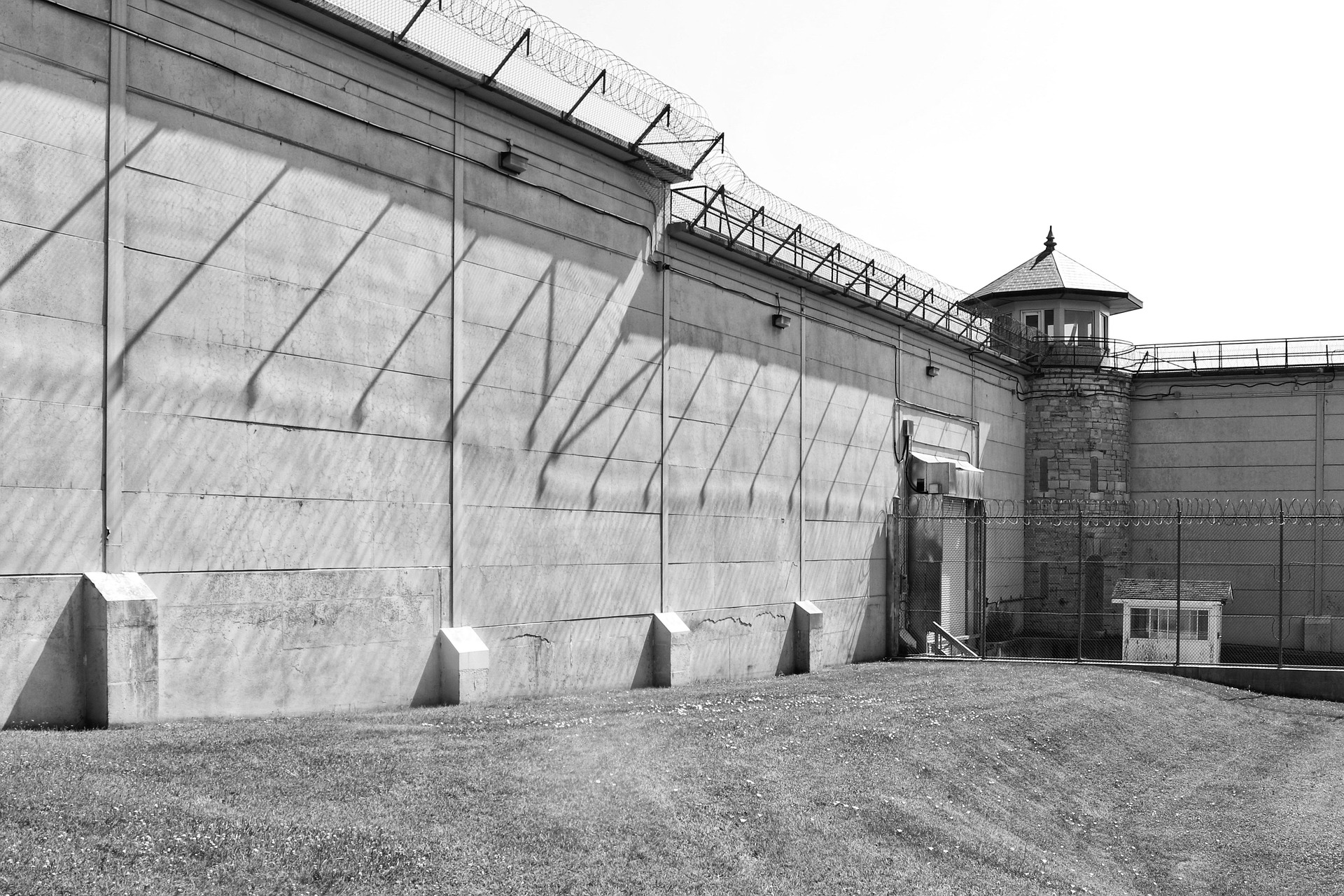Uncovering Kidney Disease Symptoms and Effective Treatments: A Comprehensive Guide
Chronic Kidney Disease (CKD) is a progressive condition that affects millions of people worldwide. As the kidneys gradually lose their ability to function properly, it becomes crucial to recognize the symptoms, understand the diagnosis process, and explore available treatment options. This article delves into the complexities of CKD, offering valuable insights for those affected by or interested in learning more about this condition.

What is Chronic Kidney Disease (CKD)?
Chronic Kidney Disease refers to the gradual loss of kidney function over time. The kidneys play a vital role in filtering waste and excess fluids from the blood, regulating blood pressure, and producing hormones. When these organs are damaged, it can lead to a buildup of waste in the body, causing various health complications. CKD is often a silent disease in its early stages, making awareness and regular check-ups essential for early detection and management.
Common Kidney Disease Symptoms: What to Watch For
Recognizing the symptoms of kidney disease is crucial for early intervention. Some common signs include:
- Fatigue and weakness
- Swelling in the legs, ankles, or feet
- Changes in urination patterns
- Persistent itching
- Nausea and vomiting
- Loss of appetite
- Difficulty concentrating
It’s important to note that these symptoms may not appear until the disease has progressed significantly. Regular health check-ups and blood tests can help detect kidney problems before symptoms become apparent.
Diagnosing Chronic Kidney Disease: The Process Explained
Diagnosing CKD involves several steps and tests to assess kidney function and determine the extent of damage. The process typically includes:
- Blood tests: Measuring creatinine and blood urea nitrogen (BUN) levels
- Urine tests: Checking for protein and other abnormalities
- Imaging studies: Ultrasounds or CT scans to visualize kidney structure
- Glomerular Filtration Rate (GFR) estimation: Calculating kidney function based on blood test results
Early diagnosis is key to slowing the progression of CKD and preventing complications. If you’re at risk or experiencing symptoms, consult your healthcare provider for appropriate testing.
Best Treatments for Kidney Disease: A Comprehensive Approach
Managing CKD requires a multifaceted approach tailored to each patient’s specific needs. Treatment options may include:
- Medication management: Controlling blood pressure, managing diabetes, and addressing other underlying conditions
- Dietary changes: Limiting sodium, potassium, and phosphorus intake
- Lifestyle modifications: Quitting smoking, maintaining a healthy weight, and exercising regularly
- Dialysis: For advanced stages of CKD, when the kidneys can no longer function adequately
- Kidney transplantation: Considered for eligible patients with end-stage renal disease
The goal of treatment is to slow the progression of CKD, manage symptoms, and prevent complications. Working closely with a healthcare team is essential for developing an effective treatment plan.
Kidney Repair Foods: Supporting Renal Health Through Diet
While no food can reverse kidney damage, certain dietary choices can support kidney health and potentially slow disease progression. Some kidney-friendly foods include:
- Berries: Rich in antioxidants and low in potassium
- Leafy greens: Packed with vitamins and minerals, but should be consumed in moderation due to potassium content
- Fish: A good source of omega-3 fatty acids
- Egg whites: High-quality protein with low phosphorus
- Garlic: May help reduce inflammation and support cardiovascular health
It’s crucial to work with a registered dietitian to create a personalized meal plan that meets your nutritional needs while supporting kidney function.
Understanding CKD Stages and Treatment Approaches
| Stage | GFR Range (mL/min/1.73 m²) | Treatment Focus |
|---|---|---|
| 1 | 90 or higher | Prevention and risk factor management |
| 2 | 60-89 | Slowing progression and cardiovascular risk reduction |
| 3 | 30-59 | Managing complications and slowing progression |
| 4 | 15-29 | Preparing for kidney replacement therapy |
| 5 | Less than 15 | Kidney replacement therapy (dialysis or transplant) |
CKD is classified into five stages based on the Glomerular Filtration Rate (GFR). As the disease progresses, treatment approaches evolve to address changing needs and complications. Early stages focus on prevention and slowing progression, while later stages may require more intensive interventions like dialysis or transplantation.
Chronic Kidney Disease is a complex condition that requires ongoing management and care. By understanding the symptoms, diagnosis process, and treatment options, individuals can take proactive steps to protect their kidney health. Regular check-ups, a kidney-friendly diet, and adherence to treatment plans are crucial for managing CKD effectively. Remember, early detection and intervention can significantly impact the course of the disease and improve quality of life for those affected by CKD.
This article is for informational purposes only and should not be considered medical advice. Please consult a qualified healthcare professional for personalized guidance and treatment.
The shared information of this article is up-to-date as of the publishing date. For more up-to-date information, please conduct your own research.




